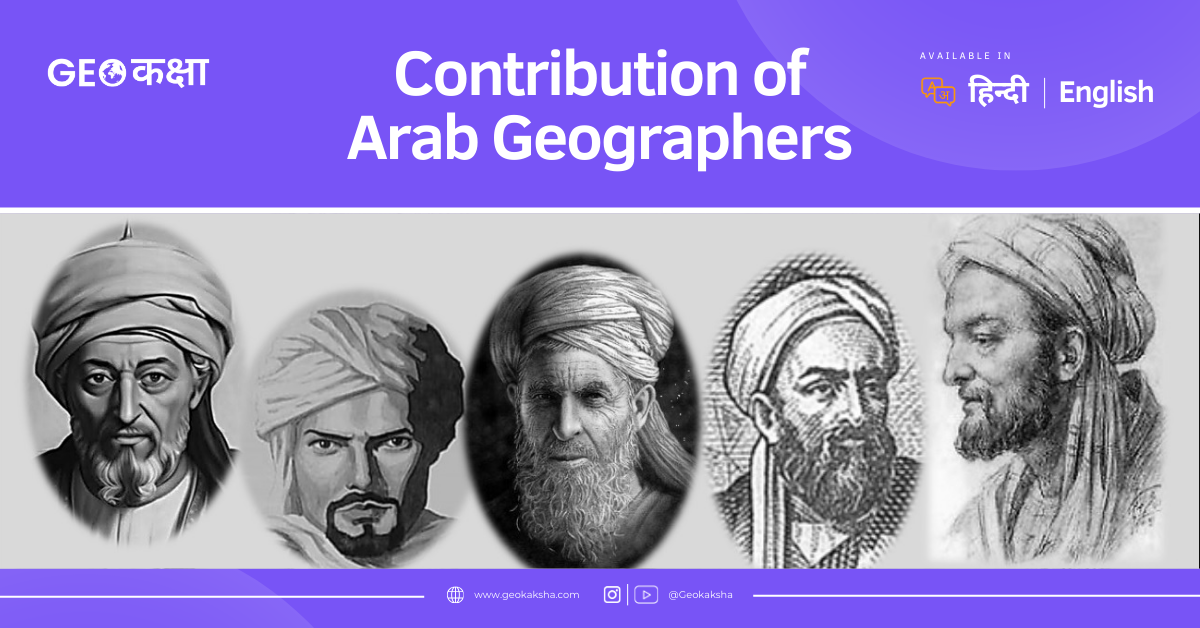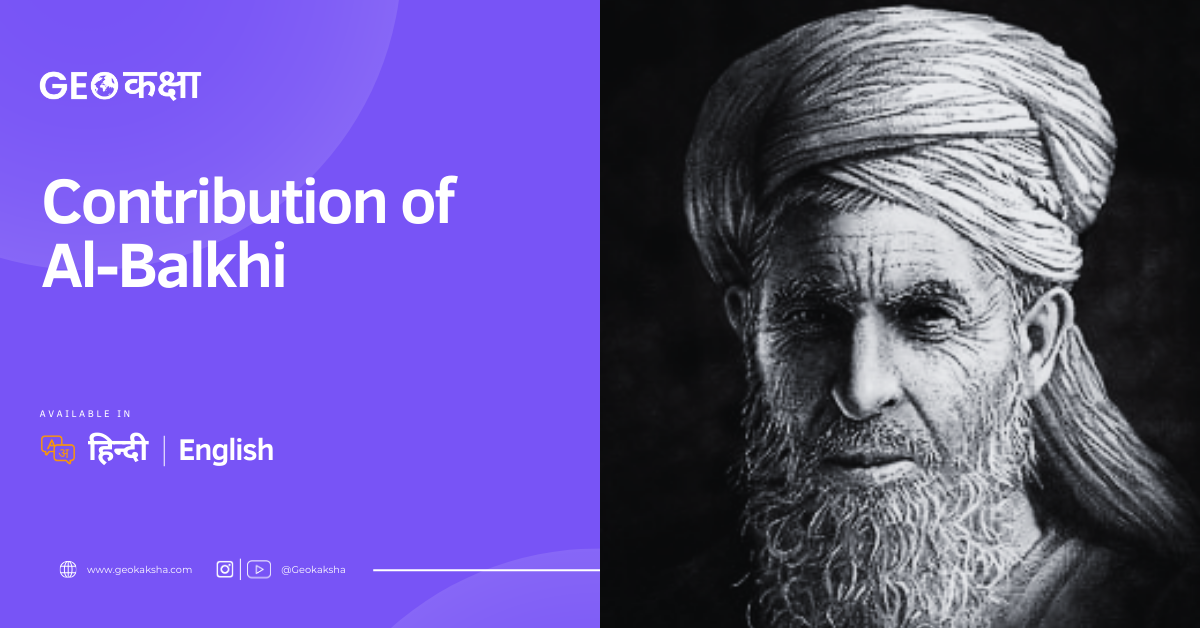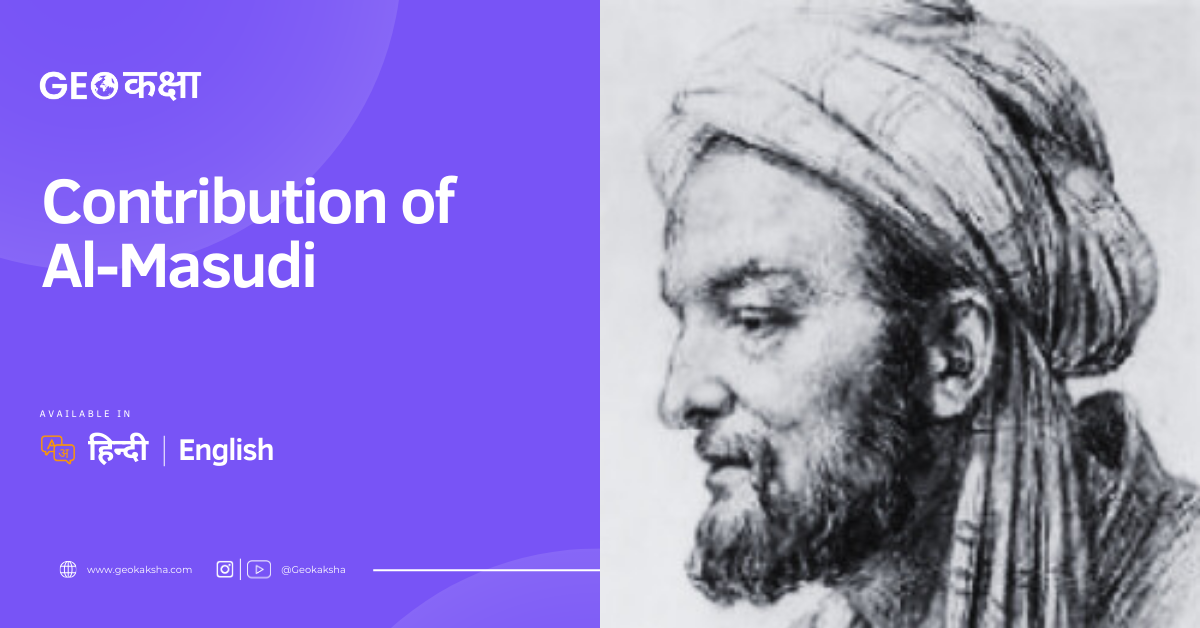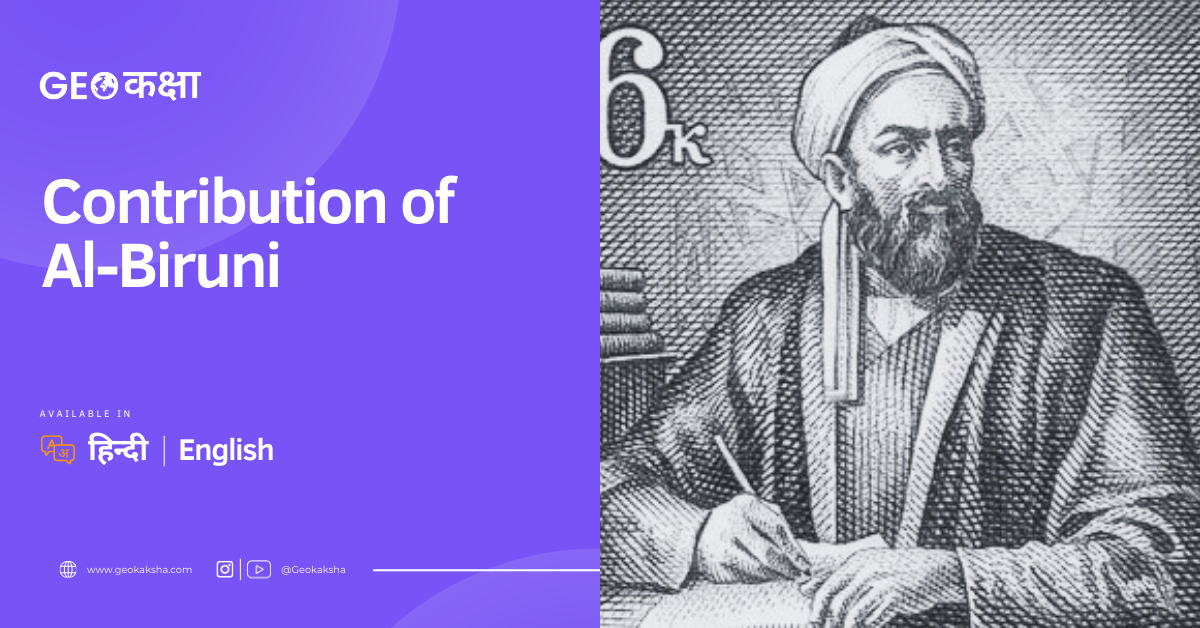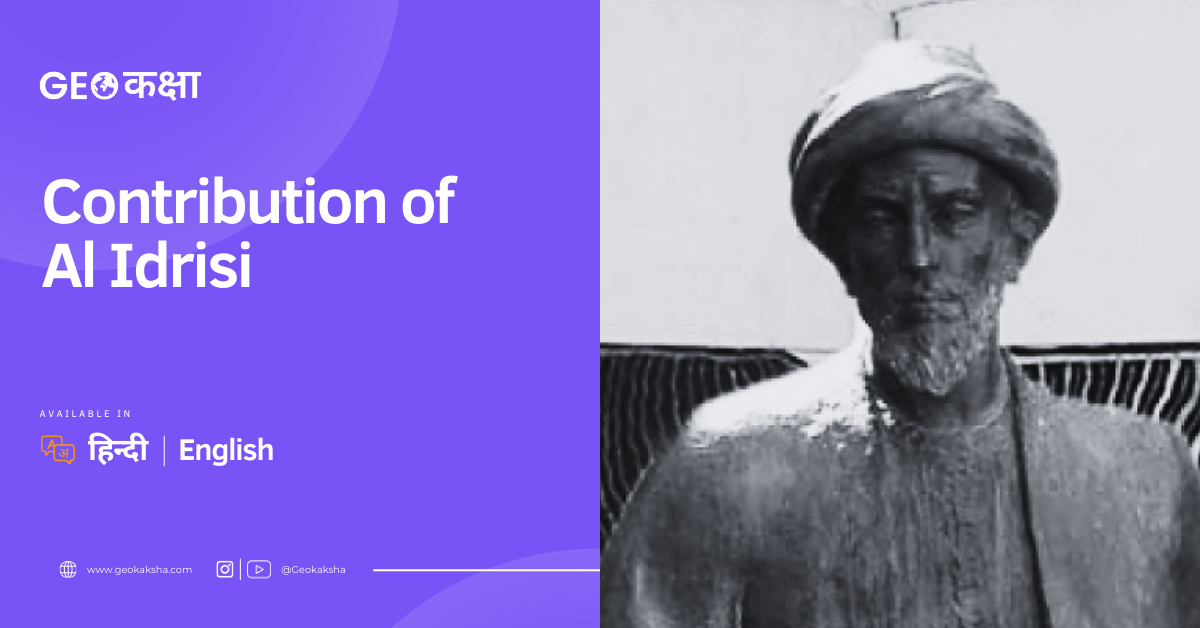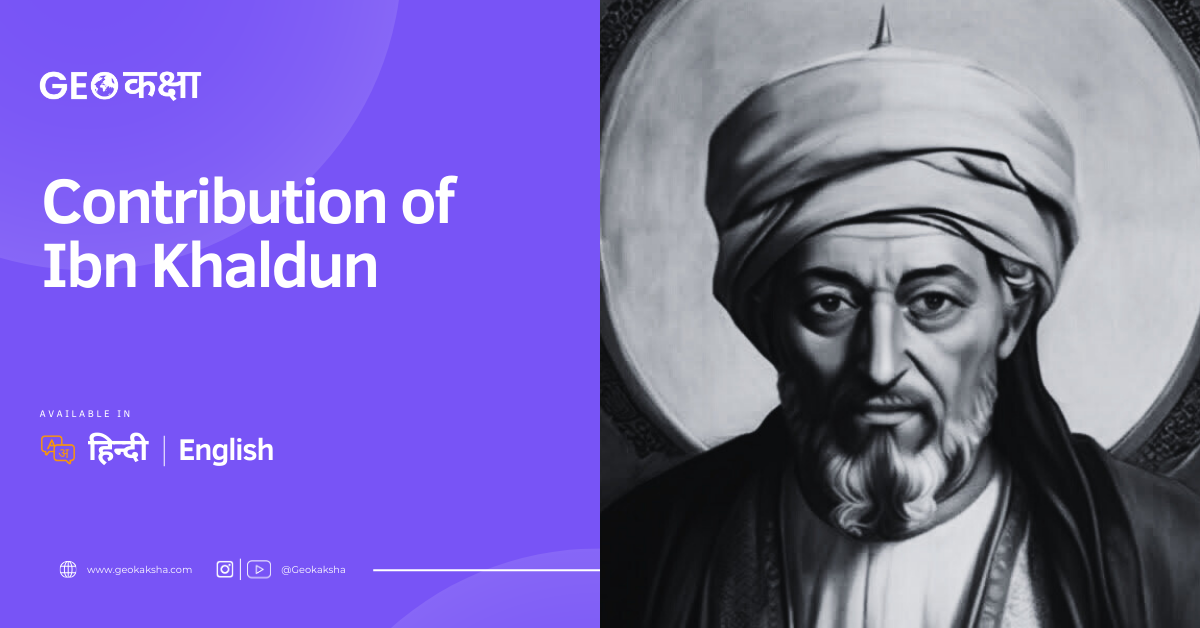Introduction
Strabo was a renowned a Greco-Roman geographer and historian. He lived during the transition period from the Roman Republic to the Roman Empire, witnessing significant political and cultural changes.
Table of Contents
Area of Work
Strabo's primary area of work lay in geography, where he extensively documented the known world of his time. His extensive travels and studies equipped him with a comprehensive understanding of the geographical features, peoples, and cultures of the ancient world.
Specialization
Strabo's specialization encompassed a broad range of geographical topics, including physical geography, human geography, ethnography, and cartography. His works integrated historical, cultural, and topographical elements to provide a holistic view of the regions he described.
Significant Contribution
Strabo's significant contribution to geography lies in his synthesis of earlier geographical knowledge, personal observations, and critical analysis. His extensive descriptions of various regions, cities, and landscapes provided invaluable insights into the ancient world, shaping subsequent geographical scholarship for centuries.
Major Works
Among the major works of Strabo is the "Geographica," a seventeen-book series that systematically describes the known world of his time. In this monumental work, Strabo offers detailed accounts of regions stretching from the Mediterranean to India, combining geographical data with historical and cultural commentary. His work remains a crucial source for understanding the geography and civilizations of antiquity.




